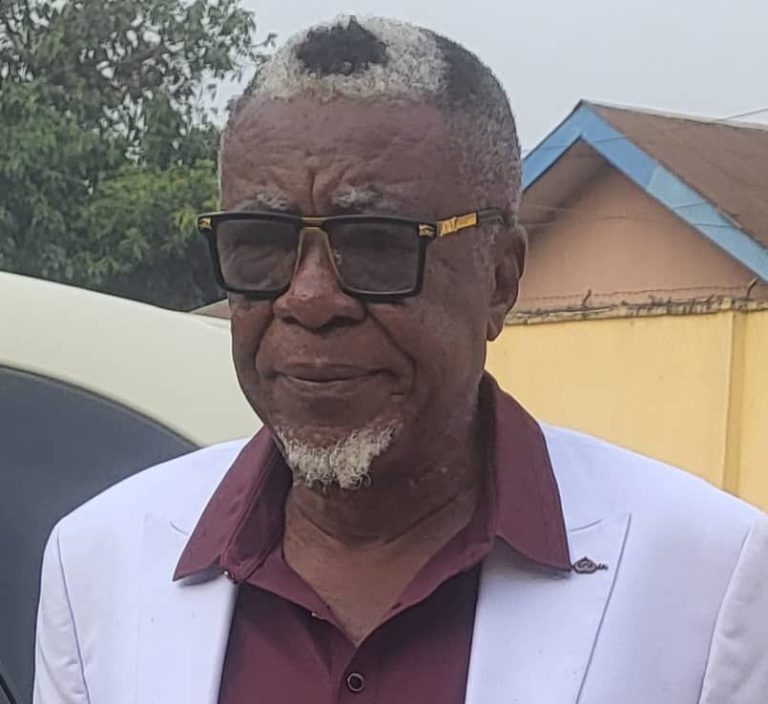From Stanley Uzoaru, Owerri
The Supreme Court of Nigeria has delivered a landmark judgment in an appeal filed by the Central Bank of Nigeria (CBN) against Prince Bob Njemanze in appeal no. FC/CV/568/2024.
The apex court, in its judgment, dismissed the appeal filed by the CBN and upheld the decision of the trial court in the matter.
The Apex Court had, in its judgment, agreed with the submissions of the 1st Respondent’s Counsel, L.A. Njemanze, Esq., that the trial court had jurisdiction to entertain the garnishee proceeding filed by Prince Bob Njemanze.
The apex court further held that the contention of the CBN that it is a public officer and that the consent of the Attorney-General of the Federation was required before the commencement of the garnishee proceedings against it was lacking in merit.
The apex court reiterated that by virtue of the provisions of Section 287 of the 1999 Constitution (as amended), all courts in Nigeria are under an unqualified obligation to enforce the judgment of the apex court. It therefore found in favour of Prince Bob Njemanze, who had obtained judgment against the NDIC in 1993 and had commenced garnishee proceedings against the CBN to enforce the said judgment.
Justice E.A. Agim, in his judgment, ruled thus: “I have carefully read and considered all the arguments in the respective briefs of this issue. The trial court has the jurisdiction to enforce its judgment or that of courts of coordinate jurisdiction by any legal enforcement process, including garnishee, irrespective of the parties and the subject matter by virtue of S. 287(3) of the 1999 Constitution.”
Also, his colleague, Justice H.M. Ogunwumiju, ruled that the Appellant also relied on the provision of Order VIII Rule 2(a) and (b) of the Judgment (Enforcement) Rules in submitting that the 2nd Respondent, being the judgment debtor, is a government agency whose funds and accounts are domiciled with the Appellant and where there is a dispute arising from the funds so domiciled, as between the Appellant and the 2nd Respondent, the Federal High Court will exercise exclusive jurisdiction and not the State High Court.
He added: “It is pertinent to state at this point that the subject matter of this suit arose from the enforcement of the judgment of the High Court of Imo State. Hence, it is a judgment enforcement procedure.
“Secondly, both the Federal High Court and the State High Court are courts of concurrent and coordinate jurisdiction. Thirdly, the Judgment (Enforcement) Rules are made pursuant to the Sheriff and Civil Process Act Cap, S6 LFN 2004.
“Both the Rules and the Act cannot supersede Section 272(1) of the Constitution of the Federal Republic of Nigeria 1999 (as amended), which provides that: ‘(1) Subject to the provisions of section 251 and other provisions of this Constitution, the High Court of a State shall have jurisdiction to hear and determine any civil proceedings in which the existence or extent of a legal right, power, duty, liability, privilege, interest, obligation or claim is in issue or to hear and determine any criminal proceedings involving or relating to any penalty, forfeiture, punishment or other liability in respect of an offence committed by any person.’”
Prince Bob Njemanze had filed a claim of N3 million in 1993 against the Nigeria Deposit Insurance Corporation (NDIC). The court gave a garnishee absolute judgment in his favour. The Central Bank of Nigeria, being the bank for the NDIC, challenged his garnishee order on the ground that he did not obtain the consent of the Attorney General of the Federation before the legal action against NDIC, a federal agency.
The CBN further argued that they were a public officer and that a State High Court lacked the jurisdiction to entertain his action.
Njemanze obtained the judgment in 1993, and the CBN proceeded to the Court of Appeal, where again, in 2007, judgment was entered in his favour.
The CBN further challenged the decision by proceeding to the Supreme Court.
